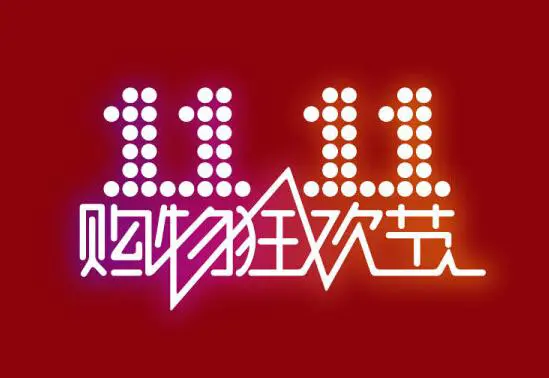A month before Rio 2016 a report authored by the Canadian lawyer Richard McLaren found overwhelming evidence of state-sponsored doping in Russia. So why – more than 18 months later – are we a week away from another Olympic Games wondering yet again how many Russian athletes will be competing?
The ruling by the court of arbitration for sport, overturning lifetime Olympic bans on 28 Russian athletes, leaves the Olympic movement in a state of chaos on the eve of another major international sporting event. That this mess was avoidable is an unforgivable error of judgment by the International Olympic Committee.
The days remaining before the Pyeongchang opening ceremony ought to be spent talking about the contenders for medals and new events, and reflecting on historical glories and stories. But the actions of the IOC have ensured the buildup to the Olympics will once again be overshadowed by a debate about Russian doping.
In December the IOC basked in the praise of those who viewed its “ban” on Russia’s participation in Pyeongchang as evidence it was finally getting tough on cheats. After passing the buck to individual federations to mete out their punishments before the Rio Olympics it was attempting to look proactive; but with each passing day observers would be forgiven for thinking the IOC’s actions look more like PR moves designed to appease clean athletes and fans.
First there was the news that the Russian athletes permitted to compete as neutrals would still be introduced on the start line as being from Russia. Then came the announcement that the Russian flag may appear at the closing ceremony as their national anthem booms around the stadium and into homes around the world. Last week it was revealed that, of a pool of 389 Russian athletes, 169 would be allowed to compete in South Korea.
We should have anticipated this really. By caveating its ban with the provision that Russian athletes who could “prove” they are clean would be allowed to compete in Pyeongchang, the IOC left itself with wriggle room. But the ruling of Cas has exposed a gaping hole that leaves many asking whether the lawyers should have realised the potential for this unravelling – especially as the IOC president, Thomas Bach, is a former Cas lawyer.
The IOC could have followed the blueprint of the International Paralympic Committee, which successfully banned Russian athletes from Rio 2016, or the IAAF, athletics’ world governing body, which did the same. But instead it issued lifetime bans on 45 athletes which history should have told it were unenforceable.
Travis Tygart, the outspoken head of the US Anti-Doping Agency, summed up the sorry mess thus: “The IOC’s failure to swiftly and decisively deal with Russia’s unprecedented attack on fair play has eroded public trust in the values of the Olympic movement. Slamming dozens of cases through the process on the eve of the Olympic Games has not served justice and as such the integrity of the Games has been sabotaged. The whole mess truly stinks and the nightmare continues for clean athletes. This must change.”
There are questions also to be asked of Cas about how it has dealt with these cases. It seems they have been treated like any other anti-doping violation appeal dropped through the Cas letterbox in Lausanne, Switzerland. That is to say each case has been treated individually, ignoring what is proven evidence of a state-run system.
Nothing Grigory Rodchenkov, the former head of the Moscow anti-doping laboratory and major whistleblower, has claimed has ever been disproved. His claim that dirty samples were being passed under the door in an anti-doping laboratory and swapped for clean ones stands up to scrutiny. His lawyer, Jim Walden, is outraged. “His truth has been verified by forensic evidence, other whistleblowers, and, more recently, recovery of the Moscow lab’s secret database, showing thousands of dirty tests that were covered up,” he wrote in a statement. “This panel’s unfortunate decision provides a very small measure of punishment for some athletes but a complete ‘get out of jail free card’ for most. It only emboldens cheaters, makes it harder for clean athletes to win and provides yet another ill-gotten gain for the corrupt Russian doping system generally, and Putin specifically.”
This verdict has given Russia some serious arsenal in the propaganda war and it is already claiming that it proves talk of state-sponsored doping was overblown. For all the posturing, once again the clean athletes are the victims here and their turmoil goes on.
(GUARDIAN)
 简体中文
简体中文



